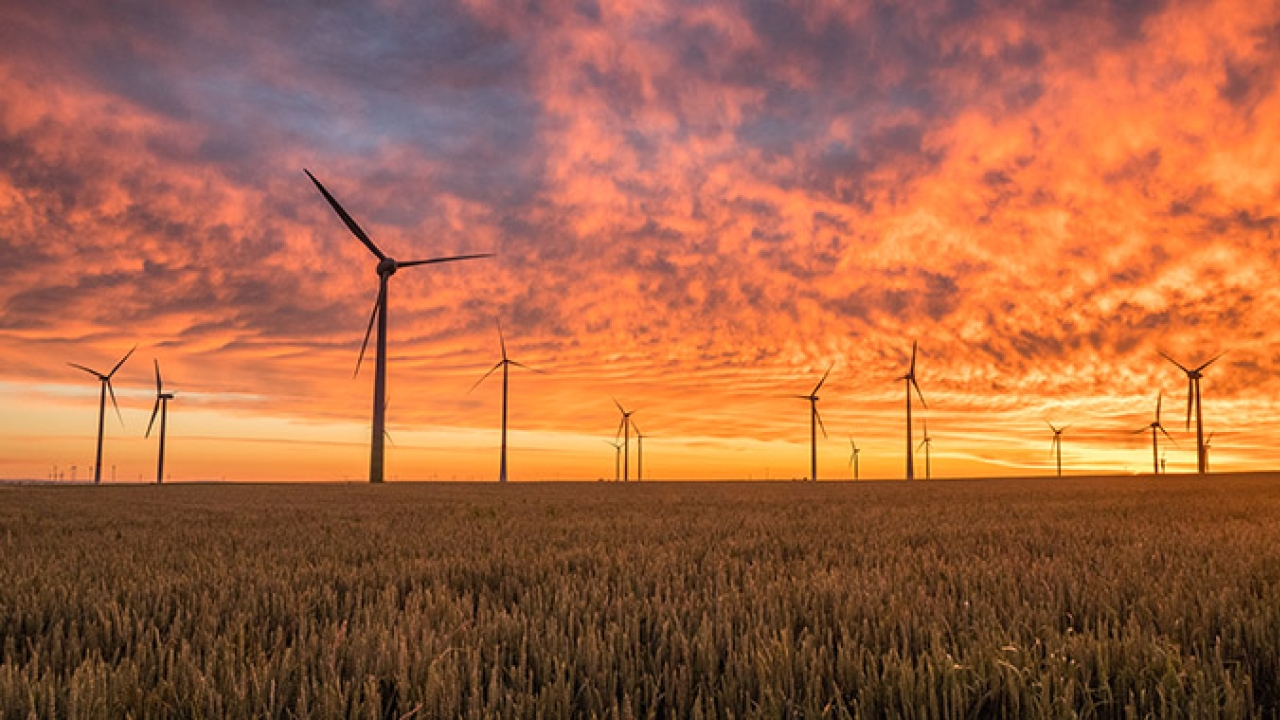Green talk turns to action

The debate on sustainability has moved on. After a long time spent deciding what sustainability might mean for the label industry, we have seen a recent slew of practical announcements, which is starting to give some real substance to a future sustainability roadmap. These developments are given added urgency by a tightening legislative environment, in particular the EU’s Circular Economy directive.
Firstly, the European branch of the global CELAB initiative – tasked with achieving a circular economy for labels – has added more heavyweight material suppliers to its membership, with Lintec Europe now coming on board. More than 20 leading European companies have now committed to the group representing the entire label value chain, including raw material producers, labelstock producers and label converters. The consortium aims to develop a sustainable and circular business model for over 75 percent of used liner and matrix materials in Europe by 2025.
The consortium’s goals are practical. It will develop what it calls ‘geographical heat maps’ of the material usage to identify where materials become waste, and in what quantities. It will identify and support the development of sustainable end markets for repurposed and recycled liner and matrix materials.
CELAB-Europe, coordinated by Finat, will also connect with the European transportation and recycling sector to develop and optimize collection systems for liner and matrix and then monitor and advocate the development of regulations and guidelines that support the development of a sustainable business model for recycling in Europe.
CELAB currently has branches in North America and Europe, but plans are in motion to create branches in South America and Asia Pacific, accommodating differences in recycling capabilities and systems while promoting consistency in messaging and process.
Avery Dennison is meanwhile undertaking its own initiative aimed at the intractable problem of matrix waste. Last year Avery Dennison Label and Packaging Materials launched a scalable matrix recycling program with RoadRunner Recycling to help label converters achieve zero waste-to-landfill.
The pilot program focuses on the economics and logistics associated with collecting matrix waste, while identifying recycling opportunities to enable efficient future matrix circularity. The pilot is available in the Maryland, Chicago, New Jersey and southern Pennsylvania markets.
RoadRunner Recycling specializes in machine learning algorithms that analyze waste volumes to increase recycling rates. The pilot will grow the knowledge base that feeds the algorithms as more material is recycled. Additionally, the program will explore alternatives to waste-to-energy for recycled matrix waste.
As well as these vital initiatives to map recycling resources, there are new developments in sustainable label and packaging materials.
While shrink sleeve labels remain the fastest growing label technology, they do face significant sustainability challenges – namely that the molecular weight of a PET sleeve is the same as a PET container, meaning the printed sleeves cannot be separated from the ‘clean’ PET in a standard flotation tank.
Now CCL Industries has announced a EUR 23 million (USD 26.9 million) investment at its Innovia Films extrusion site in Plock, Poland, to support the production of EcoFloat shrink sleeve film, which the company claims is set to tackle this problem.
A new six-meter multi-layer co-extrusion line will be installed to produce the EcoFloat shrink sleeve material. CCL says the hybrid polyolefin film facilitates easy separation of labels from PET bottles and other types of plastic containers in the recycling process. The new line is expected to come online in early 2022.
Not surprisingly, Guenther Birkner, president of Innovia and food and beverage business at CCL, sees this as a real gamechanger. ‘We see this as the sustainable decoration technology of the future for a whole range of packaging in the beverage, dairy, home care and other industries,’ he says. ‘As a floatable, low density polyolefin film, EcoFloat fulfills the requirements for sleeves as defined in packaging design guidelines.’
Another circular economy initiative, PrintCYC, claims to have developed a cost-effective technology to fully recycle printed plastic films back into high-quality recyclates comparable with virgin materials – without using de-inking technology.
Founded in March 2019, the acronym PrintCYC stands for printed polypropylene (PP) and polyethylene (PE) films for mechanical recycling.
Recognition
We should also give full recognition to individual converters whose sustainability efforts are now being rewarded. One such converter is Outlook Group, which has just been awarded the 2020 Wisconsin Recycling Excellence Award by the Wisconsin Department of Natural Resources (DNR).
Outlook’s citation is based on the fact the company now diverts an impressive 95+ percent of manufacturing waste from landfill, either by recycling fiber and other materials or by sending laminated films, pressure-sensitive label material, matrix waste and release liner to its Waste-to-Energy (WTE) partners.
Outlook Group president Kevin Hayes stresses that the policy covers all aspects of the company’s operations, including offering customers PCR content and biodegradable material options as they become available.
Stay up to date
Subscribe to the free Label News newsletter and receive the latest content every week. We'll never share your email address.


